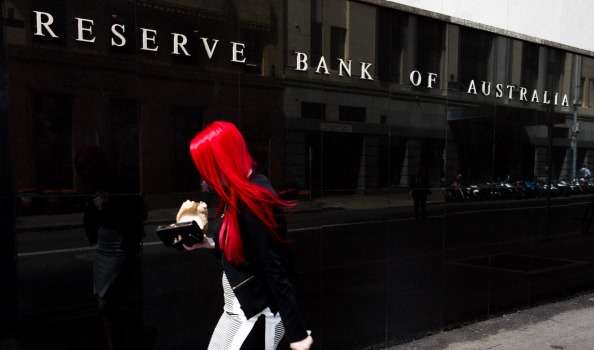The regulatory APRA crackdown on banks is expected to ease risks across the housing market, increasing the Reserve Bank of Australia’s scope to keep the official interest rate at its current record low.
However, Reserve Bank board members warned that it was still too early to gauge the full impact of recently introduced clamps on lending to property investors.
According to the minutes of their July board meeting, held two weeks ago, board members decided to keep the cash rate at 2 per cent given the recent sharp decline in the Australian dollar, which fell 5 per cent against the US currency in June.
They said the dollar’s decline was helping offset the impact of recent falls in iron ore and other commodity prices.
The minutes confirmed the Reserve Bank is now paying close attention to next month’s US Federal Reserve meeting, which could trigger the first US interest rate hike in almost a decade.
They warned that while the first rate hike has been well telegraphed, it was still likely to unleash unsettling market reactions.
“It was likely that financial market volatility would increase and the US dollar could appreciate further, including against the Australian dollar and a number of other currencies in Asia.”
Since its last cut in May, the dollar has fallen to a six-year low. It traded slightly above that level on Tuesday at US73.79¢, having risen slightly in the wake of the minutes.
The downside to the Reserve Bank’s rate cutting strategy has been an unsettling surge in house prices, particularly in Melbourne and Sydney, which Treasury secretary John Fraser described as being in a “bubble.”
“Housing market conditions had remained strong,” the bank said in the minutes. “House price inflation continued to be strongest in Sydney and Melbourne, while price growth for apartments in these cities had been less rapid, consistent with increased construction off higher-density housing.”
They also noted that forward looking indicators suggest there will be “further strength in dwelling investment in coming quarters”,










Add comment